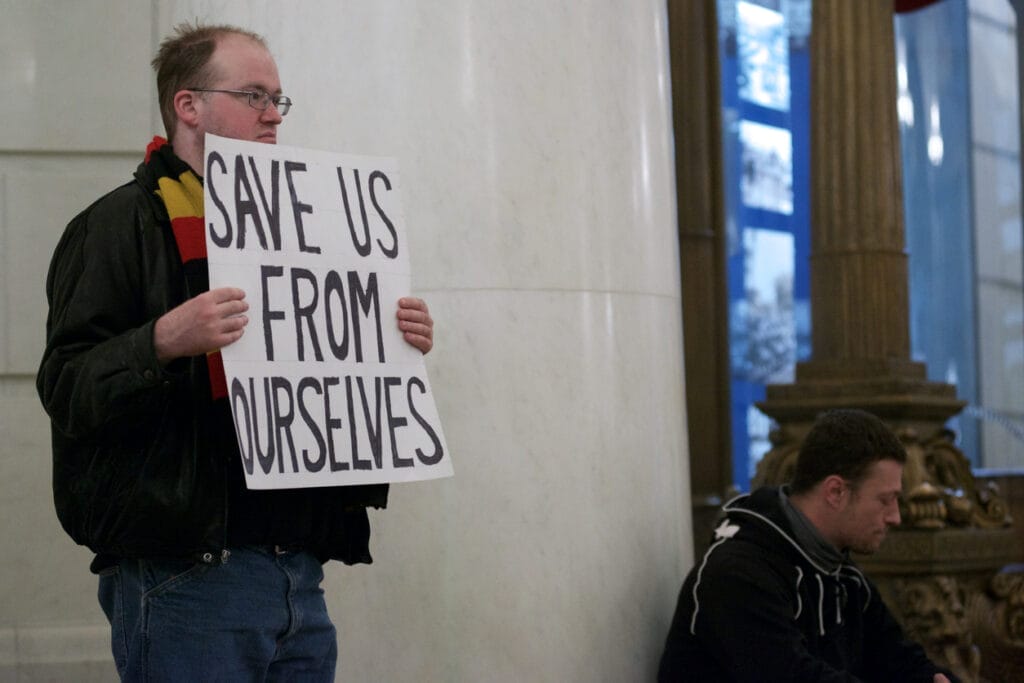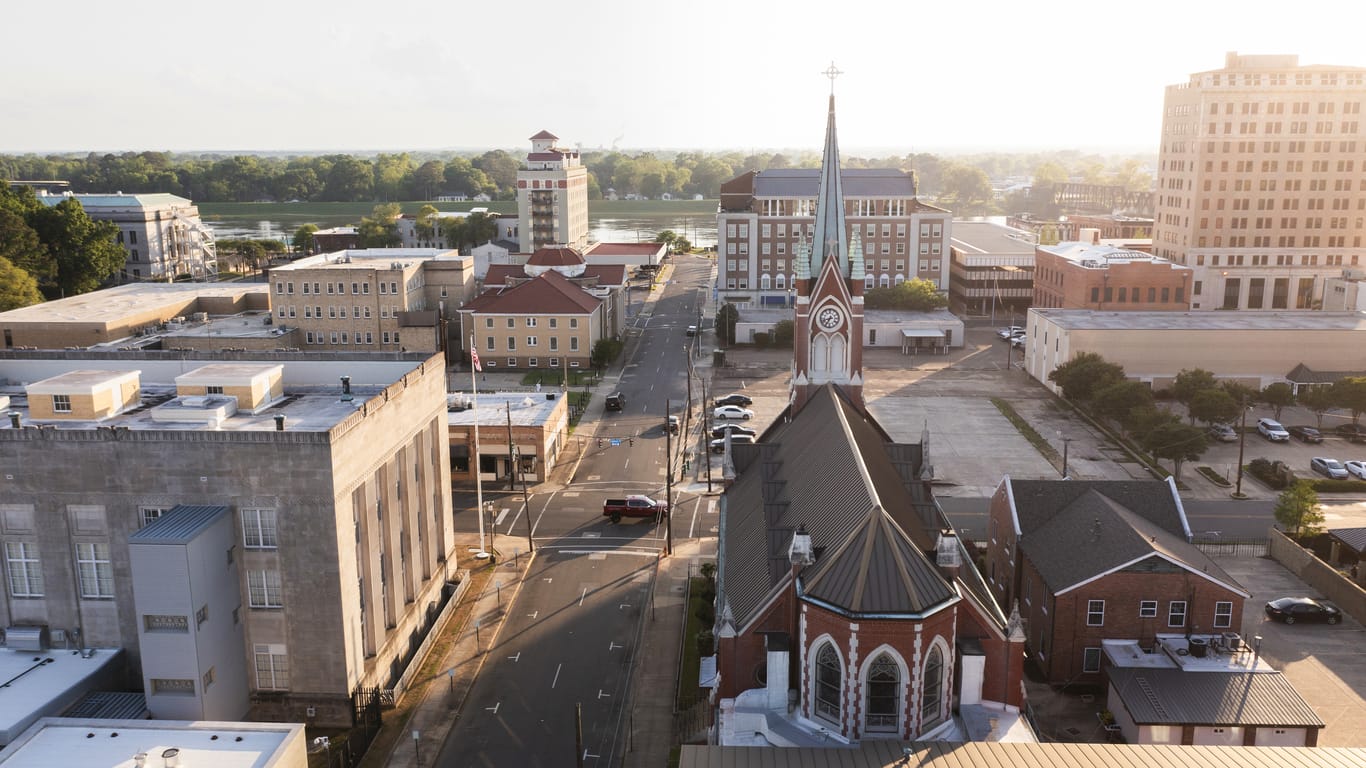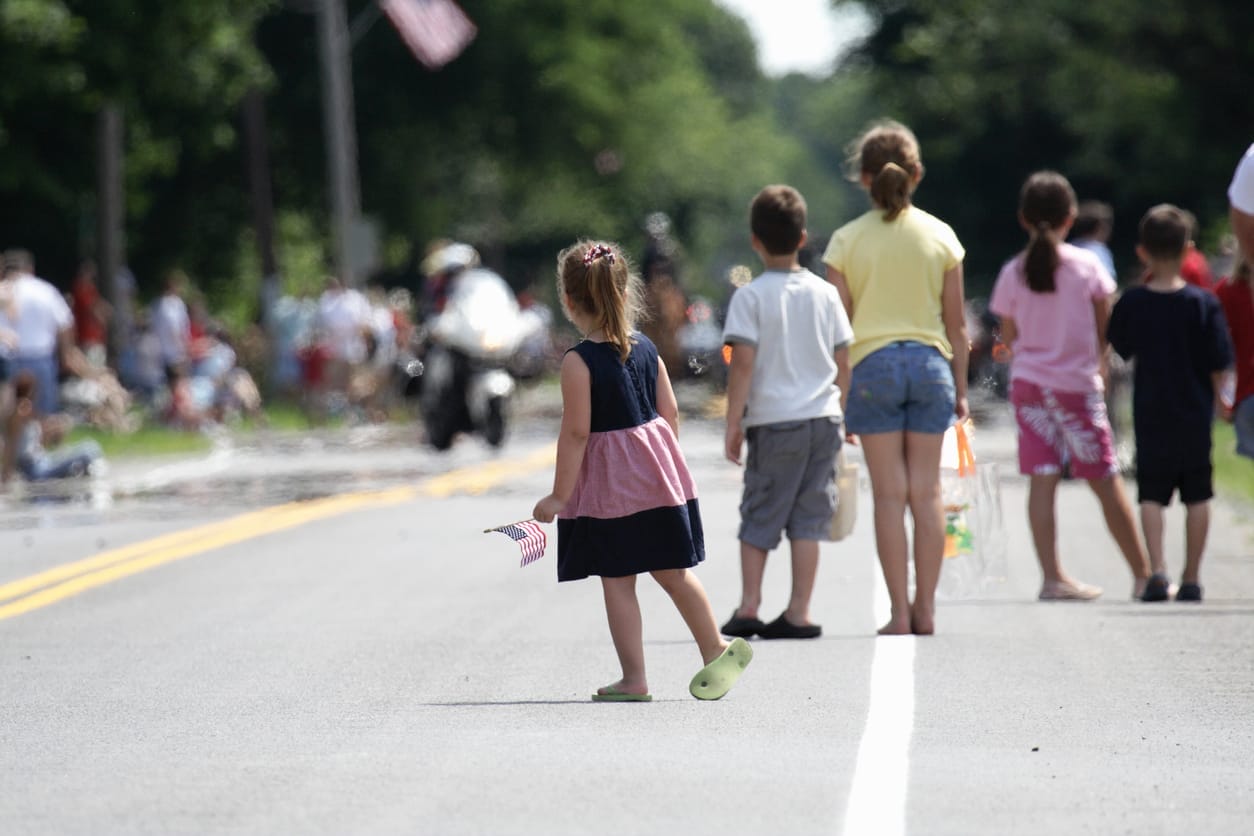On the limitations of laws

I once heard an Eastern Orthodox Christian bishop deliver a homily on a Sunday morning that coincided with the Fourth of July. America is a special country, he said, and we should be thankful to live here. But don’t believe that this blessing means we ourselves are special, except in one respect: We are too weak to live in countries where Christians are persecuted. God placed us here in His mercy, the bishop said, because we are too weak to live elsewhere.
You could have heard a pin drop. It’s not a message American Christians are accustomed to hearing. But compared to much of the world today and across most of human history, there is very little religious persecution in America.
There is certainly a growing hostility, however, that emanates from the commanding heights of American society: universities, media, public schools, professional societies, and so on. And so depending on where you live and what social strata you move in, you may find yourself subtly—and at times overtly—encouraged to conform. People of nearly all serious faiths recoil from the novel idea, for example, that it is compassionate to perform a mastectomy on a 14 year-old girl who believes she should be a boy, but many of us understand that saying so may carry a price. A relatively minor price, compared to what people of faith endure in Sudan, Syria, China, and other manmade hells, but for we the weak, the pain is real enough.
I say all this to offer a bit of context to assessments of religious freedom in America. Even though this country is astoundingly, miraculously free compared to most of the world, the federally-sponsored animus against Judeo-Christian faith in recent years is likely a harbinger of things to come. Terrible federal regulations and laws often migrate into state practice, so it’s good that the Center for Religion, Culture & Democracy, for example, tracks a wide set of religious freedoms in its annual Religious Liberty in the States index.
But keep in mind why we have to track such freedoms. Whether we’re talking about a state law allowing a doctor to abstain from performing an abortion, or protecting the right of a child to wear a star of David t-shirt, it’s almost certainly on the books because at some point, some government bureaucrat or meddlesome ideologue tried to establish a regulation or practice or court ruling restricting such rights.
The existence of some laws, in other words, is less an indication of civic health than of sickness. Likewise, the absence of laws can indicate not the absence of corresponding rights and protections so much as the absence of predators and would-be tyrants. Many of our parents and grandparents grew up with unlocked doors. We all lock our doors now. Does that mean we’re safer?
We will need laws until men become angels. And the uglier people become in spirit and practice, the more laws and police and courts we will need. Those of us who work in public policy and government have become accustomed to seeking progress through laws. Laws can indeed produce good changes. But they can also indicate that, below the surface of the law, things are getting worse.
Indeed, every good law is an acknowledgement of our failure as a community. We need school-choice laws because our public school systems are failing. We need healthcare reforms because a cabal of medical, legal, insurance, and governmental players collectively act to advance their own interests over the interests of the sick and injured. We need religious-freedom laws because we have ceded many positions of authority to people who, if not hostile to faith themselves, lack the courage to stand up to a vocal minority of faith-hating ideologues.
We count laws because we can’t measure the human heart, but we should make no mistake about what constitutes the bedrock of community. A community rooted in faith, brotherly love, shared values, duty, and neighborliness resorts to laws as a last resort. A community without those treasures must rely on law and force. And all the laws it can conjure still won’t be enough to save it.
Tony Woodlief is State Policy Network’s senior executive vice president and senior fellow for SPN’s Center for Practical Federalism.



